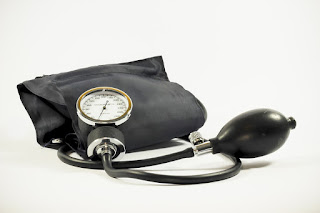Written by: Rachael Kaine
Beginning a Family Medicine Residency
As it is the final step necessary in order to become a licensed medical practitioner, a family medicine residency will require you to choose this as a specialty area of focus. The residency programs involve learning various skills and abilities that will be necessary to treat people of all ages in an office environment for a variety of conditions. The time spent in a residency will include time spent actively working with and on patients as well as coming up with the best ways to interact with peers and superiors; it’s all about being well rounded and experienced. The first few weeks or months can be quite the adjustment period, but over time, you’ll settle into the perfect routine to get you through.
What You’ll Learn During a Family Medicine Residency
The most important thing to remember about this type of program is that for the most part, this field will simply treat an assortment of bodily conditions that can impact the lives of people throughout their life stages. Patients will range from children to the elderly, suffering from conditions as simple as an ear infection to things as complex as chronic and recurring pain. Not all family medicine practitioners will be required to do the same things as they practice, and much of the medical community is in agreement that this is a very regionally specific profession, and those practicing in Arkansas will be faced with different situations than a doctor in New York; it all depends on the surrounding population.
After Completing a Family Medicine Residency
A Franklin family medicine residency Baltimore will allow you the opportunity to choose the specifics of your practice, and focus on becoming the type of doctor you would like to be. As each family medicine doctor is slightly different in nature, this career is extremely flexible. Doctors can choose to work alone in a private practice or in a group setting, and even after that, there are many different choices to be made. This flexibility offers you the ability to model your practice as you see fit; outpatient or inpatient only, a mixture of both, working in an academic setting, treating military employees; the options are vast, and it’s up to you to pick the best one.
Your career is ultimately up to you, and it will be what you make of it. Though this field is not as exciting or unpredictable as that of an emergency medical doctor or a surgeon, it is just as fulfilling and necessary, and millions of people each year need the guidance, expertise and care of people like you that choose to complete a family medicine residency in order to follow their dream medical career path.



